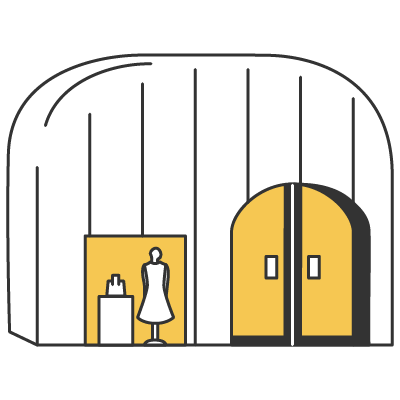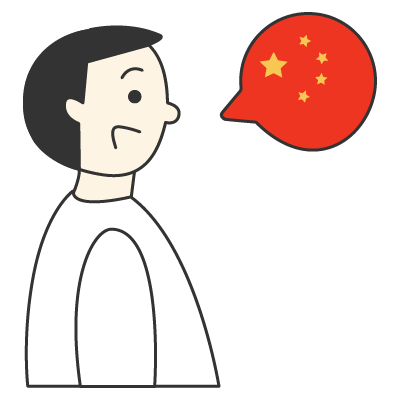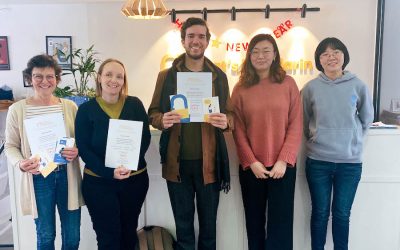Many foreigners consider China as an ideal destination for them to develop their careers due to the rapid growth of China’s economy. Those who have had the chance to live in China were certainly amazed by the rich food culture and the stunning natural scenery. Therefore, it’ll be interesting to learn a couple of Chinese phrases that you can use when you’re deeply impressed by what you see or what you hear. In fact, some of the following structures that you’re about to learn can also come in handy when you would like to put an emphasis on something. So, let’s have a look at how to emphasize things in Chinese.
太 (tài) + adj. + 了 (le)
The meaning of this structure is “too/so……”. What’s interesting about this structure is that it can be used to make a complaint or pay a compliment.
Examples:
牛肉太辣了
niú ròu tài là le
The beef is too spicy
It’s easy to tell that the structure is used to make a complaint in this sentence.
你的中文太好了
nǐ de zhōng wén tài hǎo le
Your Chinese is so good
In this sentence, the structure is used to pay a compliment.
真 (zhēn) + adj. + 啊 (a)
The meaning of真 (zhēn) is “real”, therefore, the whole structure means “really……”. The word 啊 (a) at the end is often used to make an exclamative sentence, which means you can use this structure if someone or something impresses you.

Example:
这个商场真大啊!
zhè gè shāng chǎng zhēn dà a!
This shopping mall is really big!
Vocabulary:
商场
shāng chǎng
shopping mall
Having fun learning how to emphasize things in Chinese? Let’s keep going with some more structures.
就 (jiù) + verb
The character “就 (jiù)” can be translated as “right” or “just”. One of the most common ways to use “就 (jiù)” is to combine it with a verb to emphasize a certain fact. Here are two dialogues that can help you better understand this structure:

Examples:
A: 谁是Jason?
shéi shì Jason?
Who is Jason?
B: 我就是 Jason
wǒ jiù shì Jason.
That’s me.
As you may have noticed, the literal translation of the answer is “I’m right Jason”, which turns out to be an emphasis. Another example can be the following dialogue:
A: Mike 在哪里?
Mike zài nǎli?
Where is Mike?
B: 他就在这里
tā jiù zài zhèli
He is right here
是 (shì)………的 (de)
Similar to the previous structure, “是 (shì)………的 (de)” is often used by Chinese people when they want to lay stress on a certain part of a sentence. It’s important for you to remember that what you want to emphasize goes right after “是 (shì)”, and “的 (de)” is always at the end of a sentence.

Example:
我是坐飞机来上海的
wǒ shì zuò fēi jī lái shàng hǎi de
I came to Shanghai by plane
In this sentence, the part to be emphasized is the mode of transport, which is “坐飞机 (zuò fēi jī)”, meaning “to take a plane”.
这杯咖啡是我买的
zhè bēi kā fēi shì wǒ mǎi de
I bought this cup of coffee
As for this sentence, it emphasizes the fact that “This cup of coffee was not bought by anyone else but me”.
不 (bù) / 没 (méi) + verb +object + 吗 (ma) ?
This structure is usually used when you’re surprised by a certain fact in order to emphasize that it’s beyond your expectation.

Examples:
你不喜欢咖啡吗?
nǐ bù xǐ huān kā fēi ma?
Don’t you like coffee?
你昨天没去学校吗?
nǐ zuó tiān méi qù xué xiào ma?
Didn’t you go to school yesterday?
We hope you enjoyed reading about how to emphasize things in Chinese. If you are interested in learning more about specific Mandarin Chinese, have a read about Mandarin Chinese loan words!










0 Comments